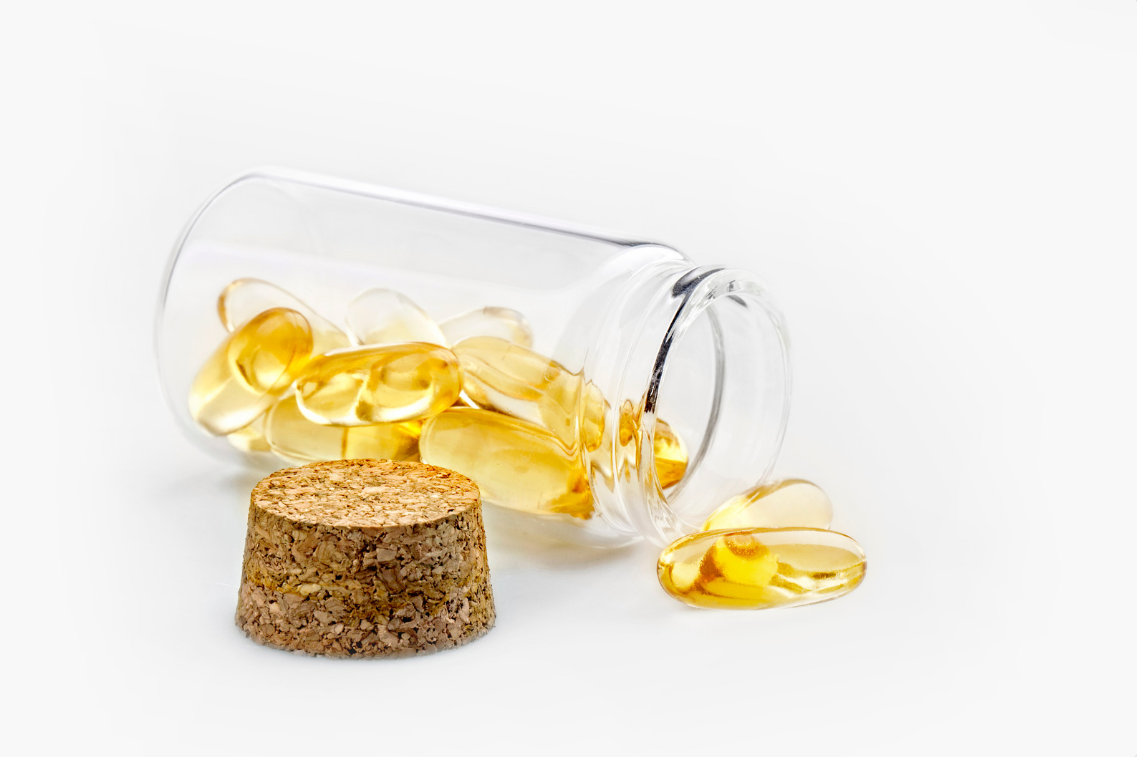Table of Contents
Benefits of Using Hard Gelatin Capsules for Drug Delivery
Hard gelatin capsules have been a popular choice for drug delivery for many years due to their numerous benefits. These capsules are made from a combination of gelatin, water, and a plasticizer, which gives them their unique properties. One of the main advantages of using hard gelatin capsules is their ability to protect the drug from external factors such as moisture, light, and air. This helps to ensure the stability and efficacy of the drug over time. In addition to their protective properties, hard gelatin capsules are also easy to swallow, making them a convenient option for patients of all ages. The smooth surface of the capsules allows for easy swallowing without any discomfort, which can be particularly beneficial for patients who have difficulty swallowing pills or tablets. This ease of administration can also help to improve patient compliance, as patients are more likely to take their medication as prescribed when it is in a form that is easy to swallow. Another benefit of using hard gelatin capsules for drug delivery is their versatility. These capsules can be filled with a wide range of drug formulations, including powders, granules, pellets, and liquids. This flexibility allows for the development of customized drug formulations that meet the specific needs of patients. Additionally, hard gelatin capsules can be easily modified to control the release of the drug, allowing for extended-release formulations that provide a steady dose of medication over an extended period of time. Hard gelatin capsules are also highly bioavailable, meaning that they are easily absorbed by the body and can deliver the drug to the target site quickly and efficiently. This high bioavailability can help to improve the therapeutic effect of the drug and reduce the risk of side effects. Furthermore, hard gelatin capsules are generally well-tolerated by patients and have a low risk of causing gastrointestinal irritation or other adverse effects. In addition to their benefits for patients, hard gelatin capsules also offer advantages for pharmaceutical manufacturers. These capsules are relatively easy and cost-effective to produce, making them a cost-effective option for drug delivery. The manufacturing process for hard gelatin capsules is well-established and can be easily scaled up to meet the demands of large-scale production. This can help to reduce production costs and ensure a consistent supply of medication for patients.
Overall, hard gelatin capsules offer a range of benefits for both patients and pharmaceutical manufacturers. Their protective properties, ease of administration, versatility, bioavailability, and cost-effectiveness make them an attractive option for drug delivery. As the demand for innovative drug delivery systems continues to grow, hard gelatin capsules are likely to remain a popular choice for pharmaceutical companies looking to develop new and improved medications.
In addition to their benefits for patients, hard gelatin capsules also offer advantages for pharmaceutical manufacturers. These capsules are relatively easy and cost-effective to produce, making them a cost-effective option for drug delivery. The manufacturing process for hard gelatin capsules is well-established and can be easily scaled up to meet the demands of large-scale production. This can help to reduce production costs and ensure a consistent supply of medication for patients.
Overall, hard gelatin capsules offer a range of benefits for both patients and pharmaceutical manufacturers. Their protective properties, ease of administration, versatility, bioavailability, and cost-effectiveness make them an attractive option for drug delivery. As the demand for innovative drug delivery systems continues to grow, hard gelatin capsules are likely to remain a popular choice for pharmaceutical companies looking to develop new and improved medications.
Tips for Proper Storage and Handling of Hard Gelatin Capsules
Hard gelatin capsules are a popular dosage form used in the pharmaceutical industry to deliver a wide range of medications. These capsules are made from a combination of gelatin, water, and other additives, and are typically filled with a powdered or liquid medication. Proper storage and handling of hard gelatin capsules are essential to ensure their efficacy and Safety. In this article, we will discuss some tips for storing and handling hard gelatin capsules to maintain their quality and potency.| Physical and chemical Indicators | ||||
| Item | Unit | Indicator requirements | Test results | |
| Sensory requirements | / | Light yellow /yellow | Light yellow | |
| / | Solid state | Solid particles | ||
| / | No unpleasant odor | No unpleasant odor | ||
| Ph | / | 3.5-7.5 | 5.7 | |
| Viscosity | 6.67%60\\u2103 | Map.s | 3.9 | |
| Moisture content | % | \\u226414.0 | 9.5 | |
| Ash content | % | \\u22642.0 | 1.08 | |
| Condensation strength | Bloom g | \\u226550 | 213 | |
| Light transmittanceratio | % | Wavelength450nm\\u226530Wavelength620nm\\u226550 | Wavelength450nm:79Wavelength620nm:92 | |
| Water insoluble matter | % | \\u22640.2 | 0.01 | |
| Sulfur dioxide | mg/kg | \\u226430 | 12 ppm | |
| Superoxide | mg/kg | \\u226410 | 0 ppm | |
| Total arsenic (as As). | mg/kg | \\u22641.0 | 0.3 | |
| Chromium (as Cr) | mg/kg | \\u22642.0 | 0.8 | |
| Lead (as Pb) | mg/kg | \\u22641.5 | \\u22640.3 | |

